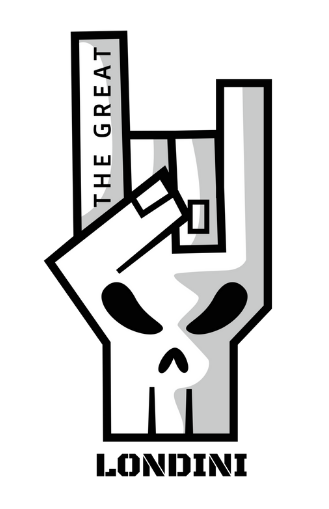Healing the Invisible Wounds
For many combat veterans, the challenges of service extend far beyond the battlefield. Post-Traumatic Stress Disorder (PTSD) is a reality for countless veterans, manifesting as anxiety, flashbacks, nightmares, hypervigilance, or emotional numbness. The good news? PTSD is treatable, and with the right support, veterans can reclaim their lives.
Understanding PTSD in Combat Veterans
PTSD can develop after experiencing or witnessing life-threatening events during military service. It is not a sign of weakness—it is a normal response to abnormal experiences. Symptoms may include:
Intrusive memories or flashbacks of combat
Nightmares or disrupted sleep
Irritability, anger, or emotional outbursts
Avoidance of situations that trigger memories
Heightened anxiety or hypervigilance
Recognizing these signs is the first step toward healing.
Steps Toward Healing
1️⃣ Seek Professional Help
Therapists trained in trauma-focused therapy, including Cognitive Processing Therapy (CPT) or Prolonged Exposure (PE), can provide strategies to process traumatic experiences safely.
2️⃣ Lean on Veteran Support Networks
Organizations like the VA, Wounded Warrior Project, and local veteran support groups offer peer support, resources, and community. Sharing experiences with others who understand can reduce feelings of isolation.
3️⃣ Practice Mindfulness and Relaxation Techniques
Meditation, deep breathing exercises, and yoga can help manage stress, calm the nervous system, and improve sleep quality.
4️⃣ Create a Routine
Establishing a daily routine—balanced with physical activity, social interaction, and meaningful work—can provide structure and stability, helping to reduce anxiety and depression.
5️⃣ Prioritize Physical Health
Exercise, proper nutrition, and adequate sleep are essential. Physical well-being directly impacts emotional and mental resilience.
6️⃣ Set Boundaries and Reduce Triggers
Identify situations or environments that exacerbate symptoms and develop strategies to cope or avoid them when possible.
Remember: Healing is a Journey
PTSD doesn’t define who you are. Seeking help, connecting with others, and taking intentional steps toward wellness are powerful acts of strength. Recovery may take time, but each small step forward is progress.
If you are a combat veteran struggling with PTSD, reach out today—whether it’s a therapist, a veteran support organization, or a trusted friend. You are not alone, and help is available.
Resources:
U.S. Department of Veterans Affairs – PTSD
Wounded Warrior Project
Give an Hour – Mental Health Services for Veterans

